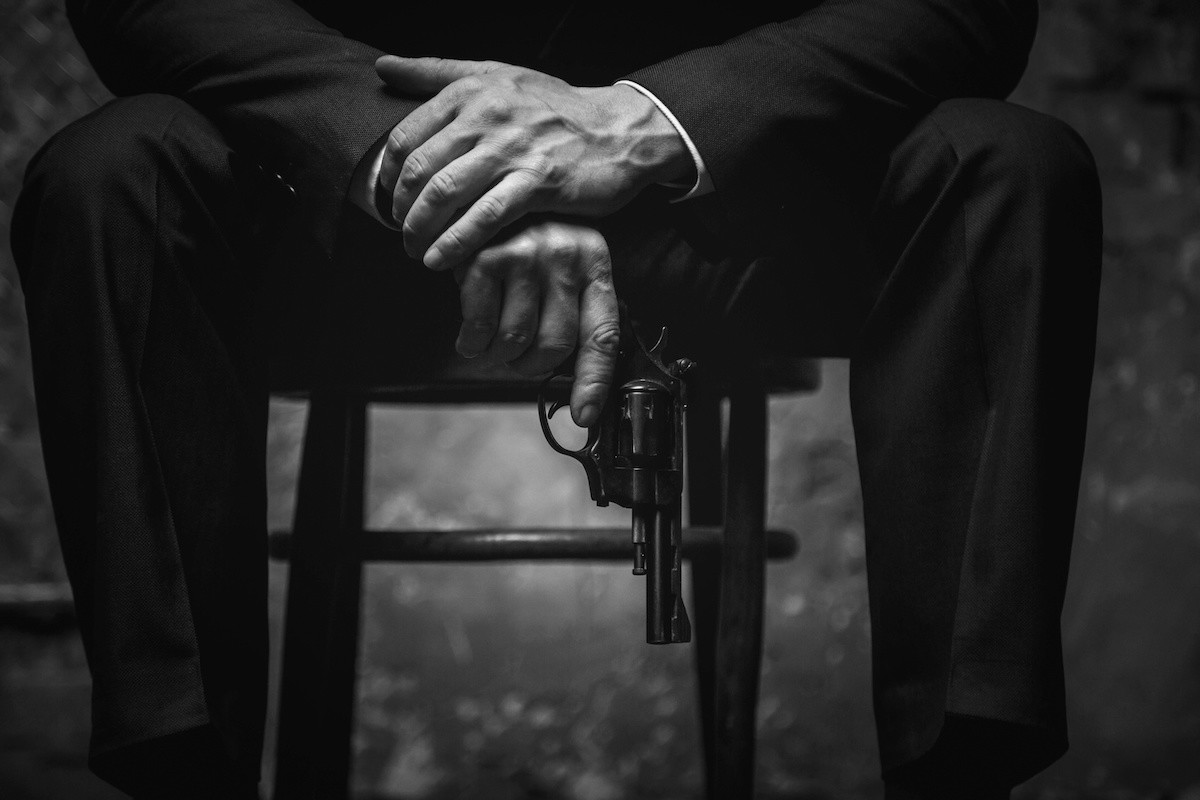Neo-Noir Film Genre: 4 Common Traits of the Neo-Noir Genre
Written by MasterClass
Last updated: Sep 15, 2021 • 3 min read
Learn how neo-noir films build off classic genre tropes and update them for a new generation.
Learn From the Best
What Is Neo-Noir?
Neo-noir is a film genre that expands, updates, and subverts the classic film noir genre. Film noir was an American cinema movement that flourished after World War II in the 1940s and 1950s. During the 1970s, studios began releasing new kinds of film noir movies, eventually dubbed neo-noir. Filmmakers still create neo-noir movies today.
4 Common Traits of the Neo-Noir Genre
Neo-noir films build off classic genre tropes and update them for a new generation.
- 1. An antihero protagonist: Neo-noir films revolve around antiheroes, who are often private detectives with ambiguous moral codes and cynical worldviews. These antiheroes typically share character traits with the villains they oppose.
- 2. A femme fatale: Another classic film noir archetype found in neo-noir movies is the femme fatale, a mysterious character who typically seduces and betrays the protagonist.
- 3. A conspiratorial plot: Neo-noirs typically follow an antihero unraveling a sinister conspiracy involving powerful criminals and corrupt systems. Neo-noir films center on themes of paranoia and isolation.
- 4. High-contrast lighting: Similar to its predecessor genre, neo-noirs use a distinct contrast between light and shadow to increase suspense. This lighting technique is known as chiaroscuro.
Neo-Noir vs. Noir: What’s the Difference?
Although neo-noirs share many similarities with classic noir films, they subvert the original genre in a few key ways.
- Darker content: Without the constraints of the Motion Picture Production Code (informally known as the Hays Code), neo-noir films pushed boundaries with violence, sexuality, and ambiguous morality. Whereas the Hays Code required film noir classics like Double Indemnity (1944) and The Big Sleep (1946) to include consequences for the criminals, neo-noir films often involve the villains getting away with their crimes.
- Advanced visual elements: With new advances in filmmaking technology, neo-noir films include cinematography techniques like tracking shots (long moving takes), large-scale special effects for action scenes, and non-linear editing.
- Naturalistic dialogue: While classic noir films use witty, hard-boiled dialogue, neo-noirs are often influenced by other genres like French New Wave and as a result take a more naturalistic approach.
- More subgenres: Film noirs are most often traditional crime dramas involving detectives and gangsters. By contrast, neo-noir explores a wide variety of subgenres, including noir westerns and tech-noirs incorporating science fiction elements, as with Ridley Scott’s Blade Runner (1982).
6 Notable Neo-Noir Films
To learn more about the neo-noir genre, explore some of these influential neo-noir films.
- 1. Chinatown (1974): Starring Jack Nicholson, Chinatown follows a private eye in Los Angeles investigating an infidelity case that leads to a wider conspiracy. Screenwriter Robert Towne won an Oscar with this film for his original screenplay.
- 2. The Long Goodbye (1973): In Robert Altman’s adaptation of Raymond Chandler’s classic novel, a private detective named Philip Marlowe (played by Elliott Gould) struggles to clear his name after being arrested for the murder of his friend’s wife.
- 3. Blood Simple (1984): Written and directed by Joel and Ethan Coen, Blood Simple is a neo-noir crime drama set in the wilderness of Texas. After this feature debut, the Coen brothers went on to write and direct several other neo-noirs, including Fargo (1996) and No Country for Old Men (2007).
- 4. Brick (2005): Writer-director Rian Johnson subverted the film noir genre by setting his crime story in a high school.
- 5. Memento (2000): In Christopher Nolan’s non-linear neo-noir film, a man suffering from memory loss tries to piece together the identity of his wife’s killer.
- 6. L.A. Confidential (1997): Based on a 1990 novel by James Ellroy, L.A. Confidential centers around corruption within the Los Angeles Police Department. Directed by Curtis Hanson, L.A. Confidential pays homage to many classic film noirs.
Want to Learn More About Film?
Become a better filmmaker with the MasterClass Annual Membership. Gain access to exclusive video lessons taught by the world’s best, including David Lynch, Spike Lee, Shonda Rhimes, Jodie Foster, Martin Scorsese, and more.
